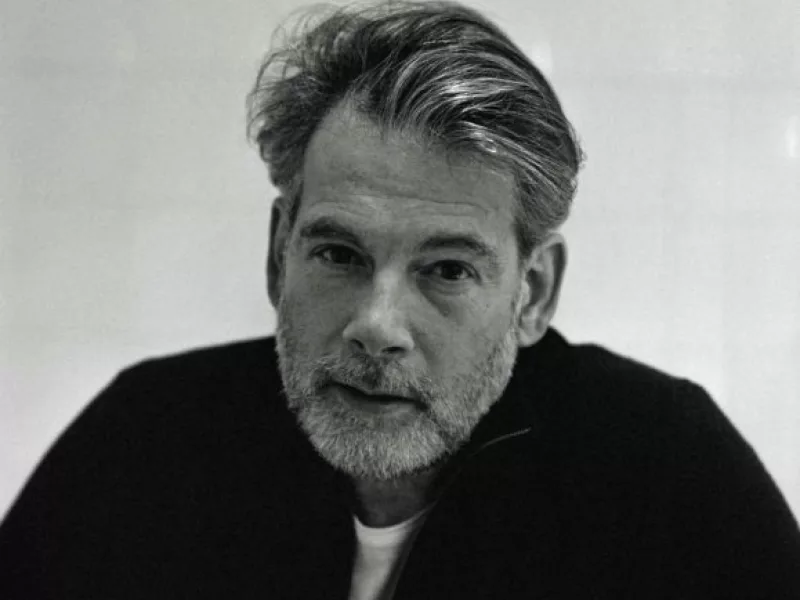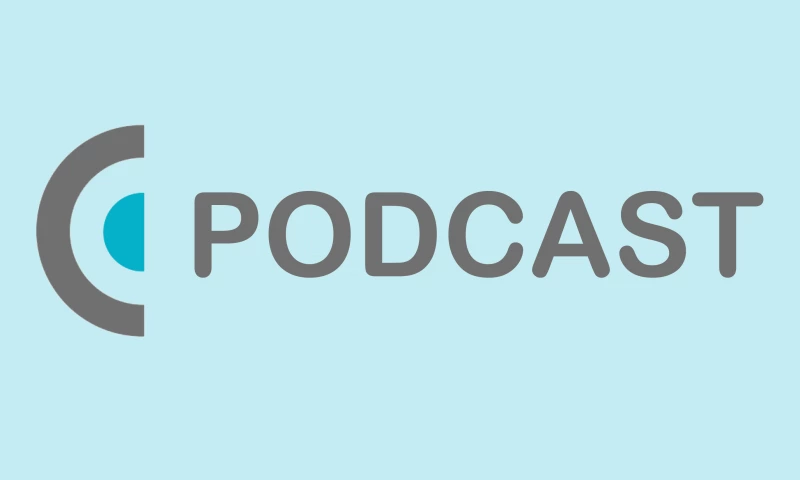GCPH Seminar 15: Lecture 6 - Riccardo Marini
Man, the walking animal: Architecture, place-making and wellbeing
In this final lecture in Seminar Series 15, influential architect and urban planner, Riccardo Marini, introduced his thoughts about architecture, ‘place-making’, health and wellbeing. He argued that the path to health, happiness, wealth and wellbeing is one that puts people, their culture and art central to our planning process.
As an architect who would define himself as a modernist, Riccardo is acutely aware of the destructive nature of architecture, which does not know where it belongs and who it is there to serve. Over the years he has observed an inability of professionals to listen and learn from past mistakes. Meaningful engagement ensures that people are central to the process of creating our future settlements, and in our endeavours to rethink our existing ones.
Driven by his passion for design and designing, he is fascinated by what makes places work and has come to a simple conclusion that places are a reflection of the culture of the people who created them. A good place is one in which people feel happy. Feeling happy, like being well, is a relative state.
Riccardo has for many years endeavoured to show that the real value of place is far more profound than monetary value alone, but that the economic indicators which drive a lot of the current decision-making can only be achieved and sustained if you create the genuine article: a place that makes people happy.

About the speaker
Riccardo Marini, M Arch, Dip Arch, RIBA, FRIAS, MRTPI
Architect and Founder of Marini Urbanismo
Riccardo was born in Pistoia, Tuscany, and graduated from Glasgow’s Mackintosh School of Architecture. After working for many years as a senior city officer, he joined Gehl architects in Copenhagen as a director – with whom he still collaborates – and founded Marini Urbanismo in 2017.
Resources
Back to

